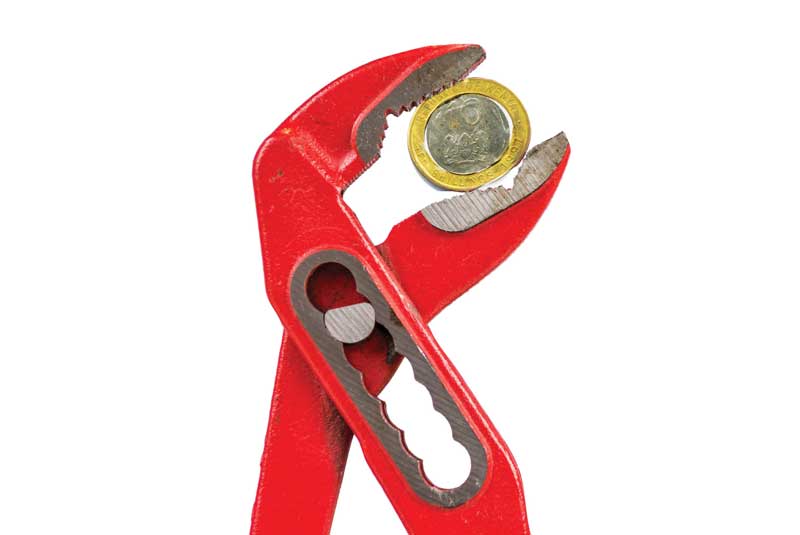×
The Standard e-Paper
Home To Bold Columnists

As Kenya launches its first direct flight to the US, there might be another direct flight across the Atlantic - capital flight. After an extended streak of a stunning performance by the Shilling, it seems the end of the honeymoon is nigh.